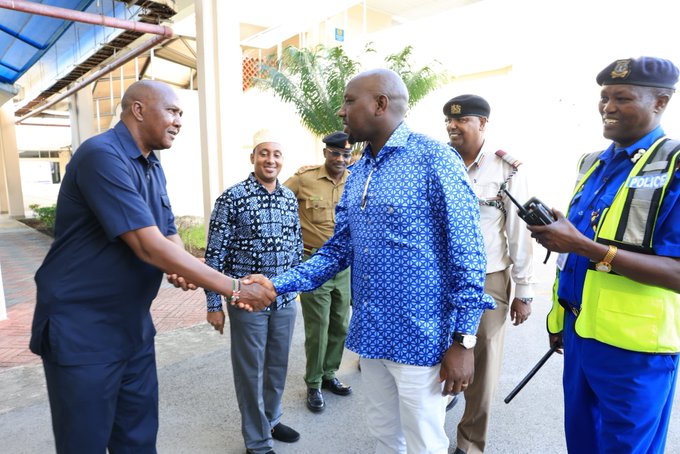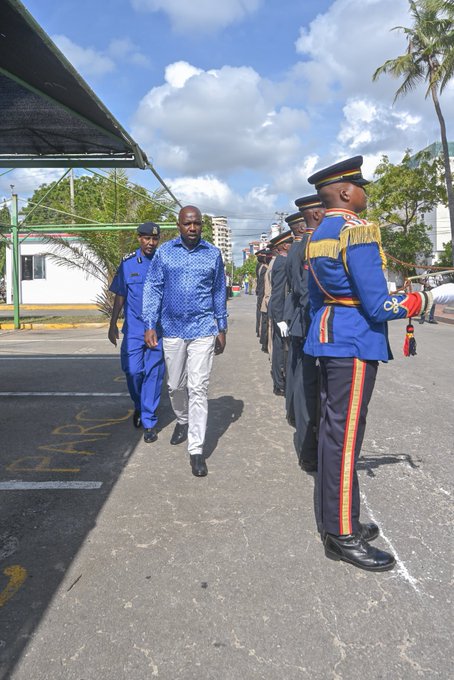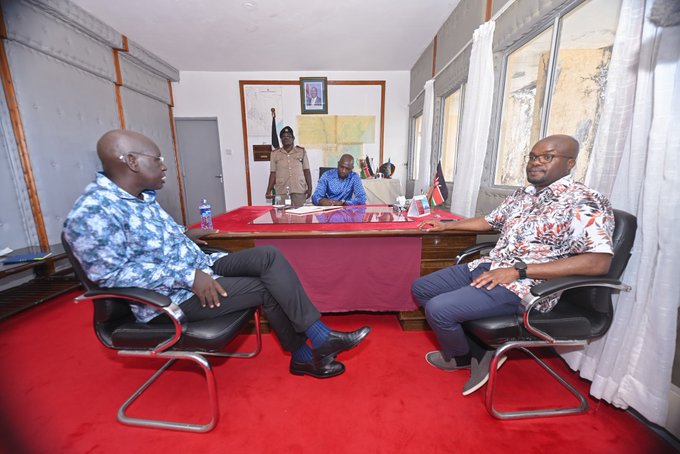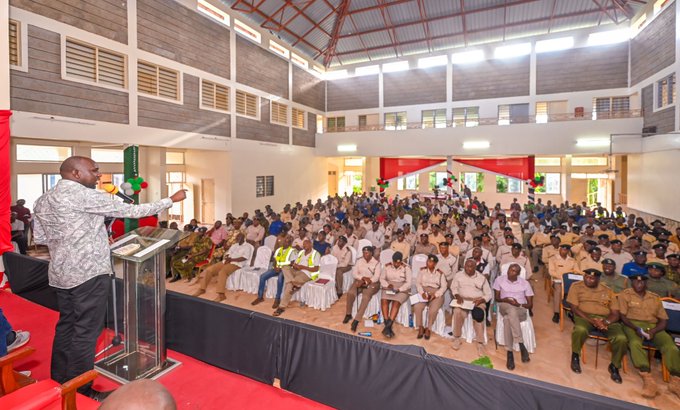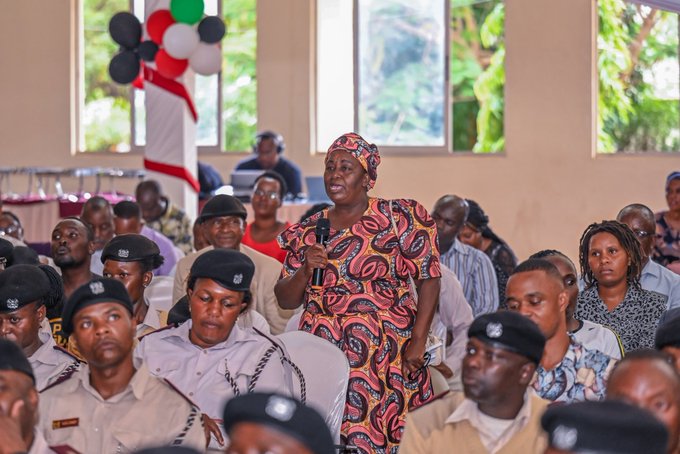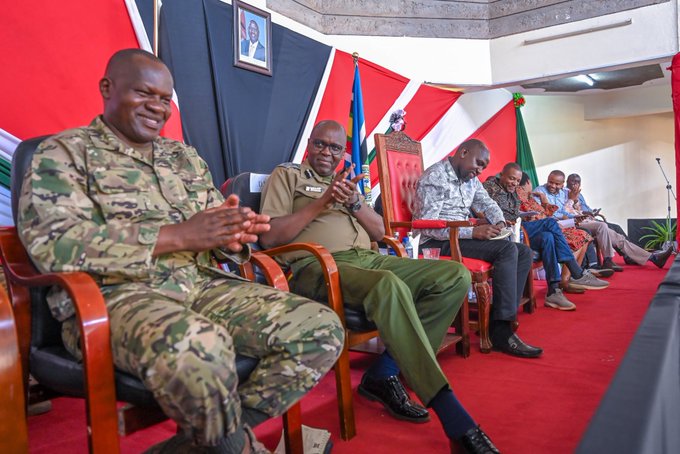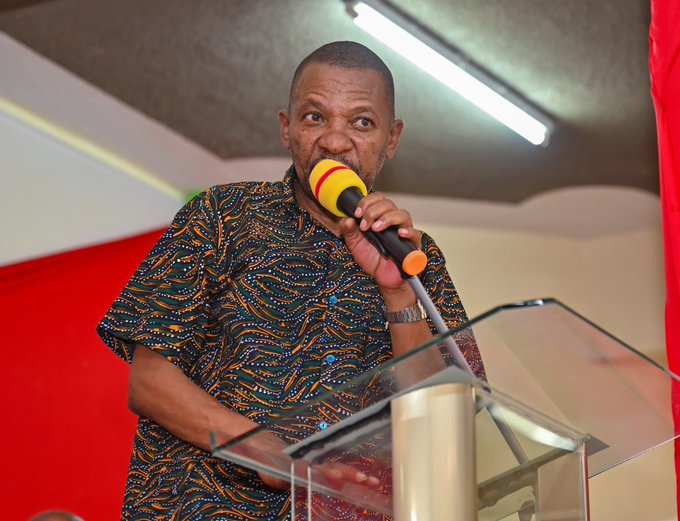NAIROBI, Kenya – In a step towards reshaping the nation’s approach to security, the Kenyan government has launched Jukwaa la Usalama—a groundbreaking initiative designed to foster direct dialogue between citizens and security agencies.
Spearheaded by the Ministry of Interior and National Administration under Kipchumba Murkomen’s leadership, this citizen-centered platform promises to transform the way security challenges are addressed in Kenya.
The inaugural Jukwaa la Usalama forum, held in Mombasa on April 8, 2025, marked the beginning of a nationwide rollout.
The Pwani Edition saw an unprecedented gathering of community leaders, security officials, and local residents, all working together to tackle pressing security issues such as violent extremism, drug trafficking, land disputes, and youth radicalization.
At its core, Jukwaa la Usalama is not just about enforcing the law but actively engaging citizens in the conversation about public safety.
It embodies the spirit of Kenya Kwanza’s Bottom-Up Economic Transformation Agenda (BETA), with a focus on inclusive governance and community-driven solutions.
The initiative is designed to create structured, regional forums that provide a space for citizens to voice concerns and propose actionable solutions, all while fostering transparency, mutual accountability, and trust between the government and the public.
Arrived in Mombasa to kick off our Jukwaa la Usalama County Tours. These are public engagements on security, citizen services and cohesion.Jukwaa la Usalama involves engaging with residents, leaders, the clergy, regional and county security teams, National Government
The Pwani Edition provided a platform for a wide array of voices, from religious leaders and elders to youth groups and women’s organizations.
They shared concerns unique to the region, with violent extremism and drug abuse topping the list.
The government’s response involved various measures including the creation of a Coast Region Anti-Narcotics Task Force, a Special Land Dispute Resolution Task Force, and initiatives aimed at youth safety and innovation.
This participatory approach marks a departure from traditional top-down enforcement strategies.
By empowering local communities to take an active role in security governance, Jukwaa la Usalama seeks to foster long-term reform and build a system of public safety that is rooted in mutual respect and shared responsibility.
A key feature of the platform is its data-driven model. Feedback collected from these regional forums will be aggregated into a national digital platform, allowing for real-time analysis and targeted resource allocation.
This system is aligned with the government’s broader goal of ensuring that national security policies are informed by grassroots insights, ensuring that the security needs of local communities are always at the forefront of decision-making.
The initiative also includes a heavy emphasis on training and coordination.
National Government Administrative Officers (NGAOs), including chiefs and county commissioners, will play a vital role in tracking public sentiment and ensuring that police resources are allocated according to regional needs.
The Ministry of Interior is introducing systems to support this, including regular coordination meetings and training modules to improve civic engagement and trauma-informed responses.
We are actively engaging security stakeholders, National Government Administration Officers (NGAOs), local leaders, and members of the public to collaboratively address security challenges in different parts of the country. In Taita Taveta county, we have agreed to streamline
As the Jukwaa la Usalama forums continue across the country, each edition will be tailored to the specific security challenges faced by different regions.
Future forums in areas like the North Rift will focus on issues such as cattle rustling and militia activity, ensuring that the solutions proposed are context-specific and effective.
This initiative is not only about improving security but also about creating a culture of co-creation between citizens, security institutions, and the government.
By prioritizing public participation and institutional accountability, Jukwaa la Usalama is setting the stage for a more transparent, responsive, and inclusive security governance system in Kenya.
Through Jukwaa la Usalama, Kenya is ushering in a new era of citizen-driven security, where the public is no longer a passive recipient of safety measures but an active partner in building a safer, more prosperous future.



